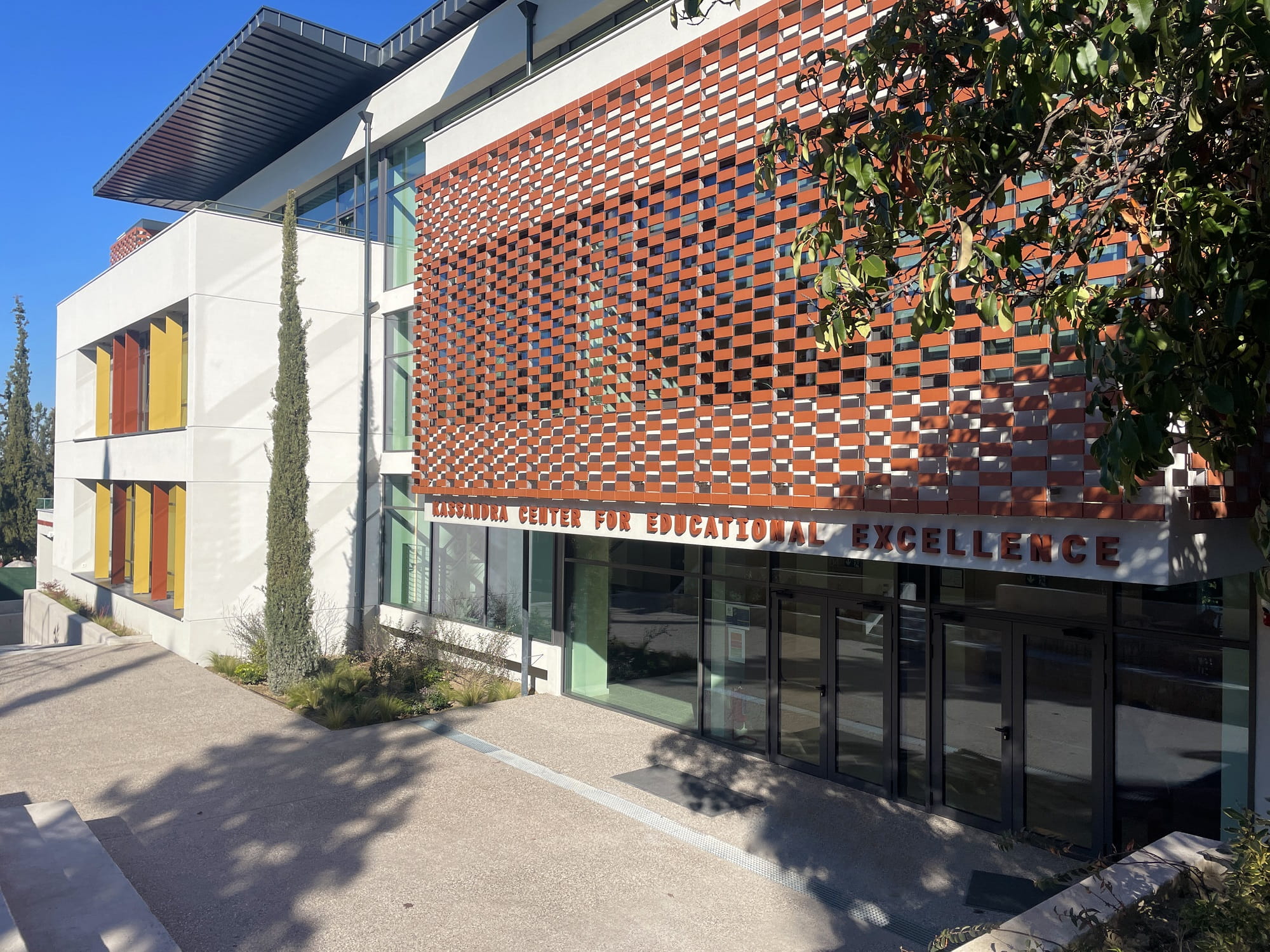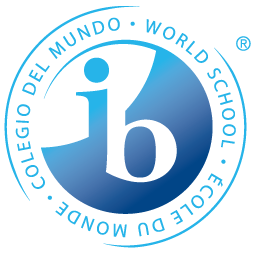Physics
Standard Level
Course Content
The Physics Standard Level course will cover the following topics:
1. Measurements and Uncertainties.
2. Mechanics.
3. Thermal Physics.
4. Waves.
5. Electricity and Magnetism.
6. Circular Motion and Gravitation
7. Atomic, Nuclear and Particle Physics.
8. Energy Production.
There is one option (topic chosen from a list proposed by the International Baccalaureate Organization) to be studied and provisionally this will be:
9. Astrophysics.
The course will also involve practical work during the two years, which will be internally assessed and externally moderated. The internal assessment consists of one scientific investigation. The criteria for assessment include:
a) Personal engagement
b) Exploration
c) Analysis
d) Evaluation
e) Communication
As part of the internal assessment process of science subjects, all students will participate in an interdisciplinary project called the Group 4 project. During an initial brainstorming session, a general topic will be chosen. In the following weeks, students will split into groups, in order to complete an investigation related with the topic and finally present their results on a poster.
Course Assessment
The final assessment (at the end of the two-year program) involves 3 written papers:
Paper 1: 30 multiple-choice questions to be answered in 45 minutes.
Paper 2: Several short-answer and extended-response questions in 1 hour and 15 minutes.
Paper 3: One data-based question, several short-answer questions on experimental work, short-answer questions and extended-response questions from one option in a total of 60 minutes.
Mathematical Requirements
Physics is a subject closely related to mathematics. Students taking Physics are advised to take Standard Level Mathematics or Higher Level Mathematics. Depending on their overall competency in mathematics, students taking Mathematical Studies SL may experience difficulties in applying certain areas of mathematics to the Physics Course (e.g. logarithms).
Higher Level
Course Content
The Physics Standard Level course will cover the following topics:
1. Measurements and Uncertainties.
2. Mechanics.
3. Thermal Physics.
4. Waves.
5. Wave Phenomena.
6. Electricity and Magnetism.
7. Circular Motion and Gravitation.
8. Fields.
9. Electromagnetic Induction.
10. Atomic, Nuclear and Particle Physics.
11. Quantum and Nuclear Physics.
12. Energy Production.
There is one option (topic chosen from a list proposed by the International Baccalaureate Organization) to be studied and provisionally this will be:
13. Astrophysics.
The course will also involve practical work during the two years, which will be internally assessed and externally moderated. The internal assessment consists of one scientific investigation. The criteria for assessment include:
a) Personal engagement
b) Exploration
c) Analysis
d) Evaluation
e) Communication
As part of the internal assessment process of science subjects, all students will participate in an interdisciplinary project called the Group 4 project. During an initial brainstorming session, a general topic will be chosen. In the following weeks, students will split into groups, in order to complete an investigation related with the topic and finally present their results on a poster.
Course Assessment
The final assessment involves 3 written papers:
Paper 1: 40 multiple-choice questions to be answered in 60 minutes.
Paper 2: Several short-answer and extended-response questions in 2 hours and 15 minutes.
Paper 3: One data-based question, several short-answer questions on experimental work, short-answer questions and extended-response questions from one option in a total of 1 hour and 15 minutes.
Mathematical Requirements
Physics is a subject closely related to mathematics. Students taking Physics are advised to take Standard Level Mathematics or Higher Level Mathematics. Depending on their overall competency in mathematics, students taking Mathematical Studies SL may experience difficulties in applying certain areas of mathematics to the Physics Course (e.g. logarithms).
More






